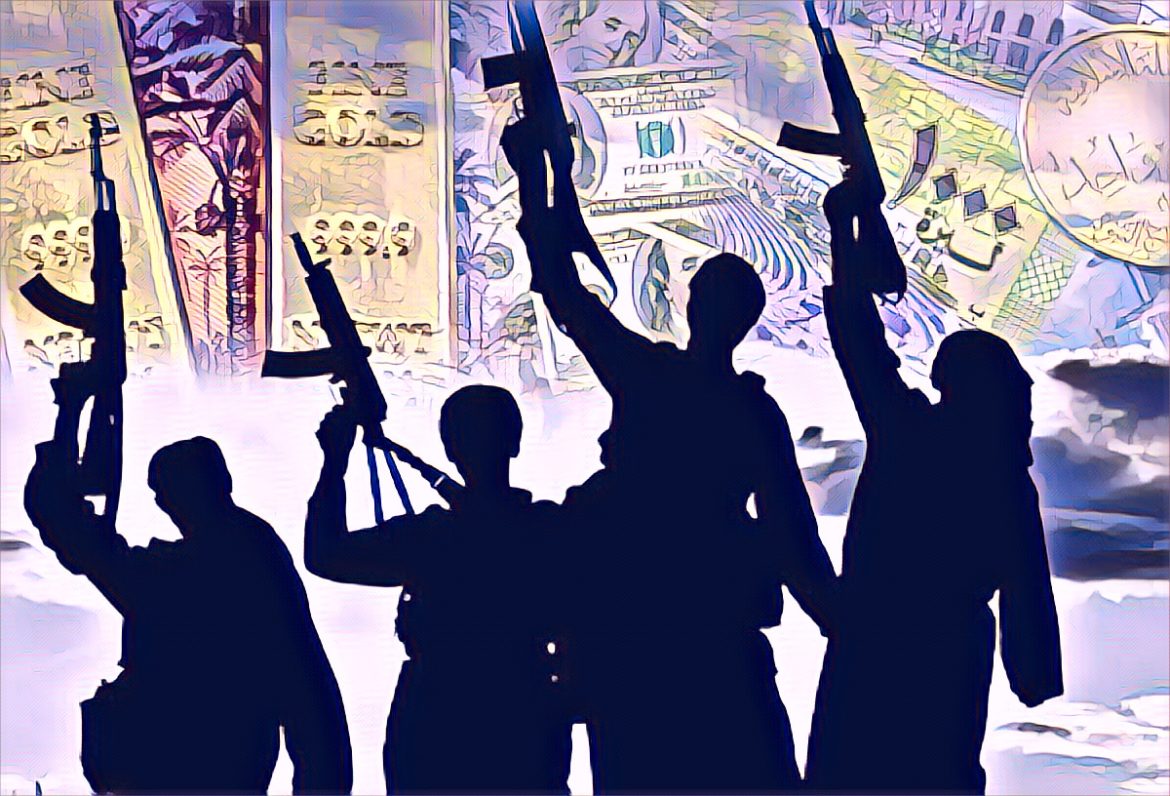The Nigerian government has taken a significant step in its counter-terrorism efforts by revealing the identities of 15 entities suspected of funding terrorism within the country. This list comprises nine individuals and six Bureau De Change (BDC) operators and companies, as disclosed by the Nigerian Financial Intelligence Unit (NFIU) in a report titled “Identification of Persons and Organizations as of March 18, 2024.” This revelation came after the Nigeria Sanctions Committee (NSC) convened and decided to sanction these individuals and entities due to their alleged connections to the financing of terrorism.
Among those named is Tukur Mamu, a publisher from Kaduna State currently facing trial on suspicions of funding terrorists linked to the Islamic State’s West Africa Province (ISWAP), Boko Haram, and Ansarul Muslimina Fi Biladissudam. The Nigerian government, with approval from the President, has designated these individuals and entities for listing on the Nigeria Sanctions List, highlighting their involvement in terror financing.
The report details specific allegations, such as Mamu’s involvement in “the financing of terrorism by receiving and delivering ransom payments over the sum of $200,000 US in support of ISWAP terrorists for the release of hostages of the Abuja-Kaduna train attack.” It also mentions individuals suspected of attacks on the St. Francis Catholic Church in Owo, Ondo State, and the Kuje Correctional Center, Abuja. Another individual, described as an expert in designing terrorist clandestine communication codes and Improvised Explosive Devices (IEDs), is noted for his connections to Al-Qaeda in the Islamic Maghreb (AQIM) and his role as a courier and travel guide to AQIM Katibat in the deserts of Algeria and Mali.
The BDCs and firms identified in the report include West and East Africa General Trading Company Limited, Settings Bureau De Change Ltd, G. Side General Enterprises, Desert Exchange Ventures Limited, Eagle Square General Trading Company Limited, and Alfa Exchange BDC. These entities are implicated in the broader network of financial transactions supporting terrorism in Nigeria.
This action by the Nigerian government marks a critical step in dismantling the financial infrastructure that supports terrorist activities within the country. By identifying and sanctioning these individuals and entities, the authorities aim to disrupt the flow of funds to terrorist organizations, thereby weakening their operational capabilities and reducing the threat they pose to national security.
The decision to publicly disclose these names underscores the government’s commitment to transparency and accountability in its counter-terrorism efforts. It also serves as a warning to others who may be involved in similar activities that the Nigerian government is actively monitoring and will take decisive action against those who support terrorism. This move is part of a larger strategy to combat terrorism by addressing its root causes, including the financial mechanisms that enable terrorist groups to operate and expand their influence within Nigeria and the region.
Source: The Guardian


